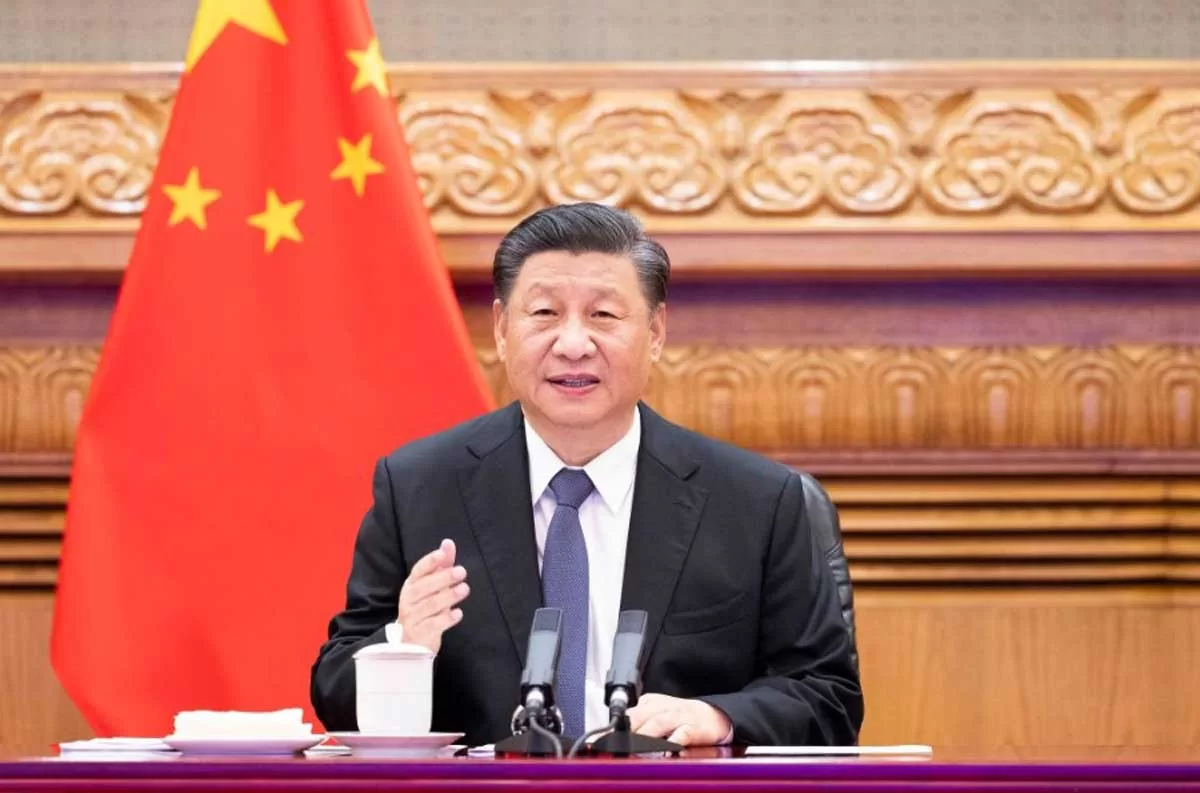The Global Security Initiative (GSI) is one of the four major initiatives, that includes the Belt and Road Initiative, the Global Development Initiative, and the Global Civilization Initiative. On April 21, 2022, Chinese President Xi Jinping proposed GSI at the Boao Forum for Asia Annual Conference. The evolving trends in Chinese foreign policy towards the global systems could be observed after the Chinese Ministry of Foreign Affairs published a comprehensive paper on the ‘Global Security Initiative’. These four initiatives complement each other. However, this article aims to analyze how GSI would be a useful contribution to establishing a peaceful and secure world order in the region and beyond.
Following are the six fundamental principles of the GSI that President Xi has described:
The first principle of the GSI focuses on the commitment to shared, comprehensive, and sustainable security, as a holistic approach that needs to maintain security in traditional and non-traditional domains. The aim is to eliminate the root cause of conflicts by enhancing global security governance through collective security measures.
The second principle is respecting the sovereignty and territorial integrity of all the states. In this context, all the states around the globe have equal rights to implement their security policies in a way that helps reduce the number of conflicts and is essential to maintain global security in contemporary international relations. Hence, China is the pioneer in respecting the territorial sovereignty of smaller and weaker states which has been violated in past by the powerful states.
The third principle is the commitment to abiding by the principles of the United Nations Charter. For this purpose, China resists the Cold War mentality of bloc confrontation and unilateralism and calls for the practice of multilateralism. President Xi’s vision of global security governance needs the proper implementation of the principle of the UN Charter, which is to preserve peace and stability at the international level.
The fourth principle as mentioned in the concept paper stated that China insisted on upholding the principle of indivisible security between traditional and non-traditional concerns, individual security, and common security. The need for a balanced security architecture through a multilateral platform is highlighted in the concept paper.
The fifth principle of the new security vision is conflict resolution through peaceful dialogue and consultation. GSI offers an opportunity for states to diffuse tension and eliminate the root cause of the conflict escalation by facilitating peaceful talk and strengthening bilateral and multilateral ties. The Saudi- Iran rapprochement, concluded by China in the recent past is an example of how in the context of GSI it aims to contribute to the regional security.
The final principle is to maintain security in both traditional (military security) and non-traditional domains (energy security, food security, environment security, and cyber security). In the era of modernization, there is a rapid change in security challenges. For instance, apart from state and individual security, energy security is crucial for the survival and development of a state’s economy, and environmental security is necessary for the sustainability of the global ecosystem. China has accelerated cooperation in information technology to strengthen global connectivity and governance in cyberspace. For this purpose, China has also embarked on the “Global Data Security Initiative”.
The Chinese GSI marks a new shift in the international security order. The critics of GSI argue that China is using GSI to counterbalance the influence of the United States worldwide. Another criticism arose that the Chinese GSI is a source of polarization in ASEAN states. Many countries in Asia, Africa, and Latin America that depend on US support are more receptive to the framework of GSI. In this way, GSI is considered as a potential threat to the existing unipolar world order. Therefore, the western scholars argue that the US needs to reorient its foreign policy to focus more on the models of conflict resolution and peace building. The ongoing wars and conflicts in the different regions around the globe need a comprehensive response alternative to the GSI rather than a sporadic and reactionary response. Global Security Initiative shows the vision of Xi’s diplomacy to engage with the rest of the world, reduce tension between two powerful states, China and the US, and create peace from generation to generation throughout the globe.
